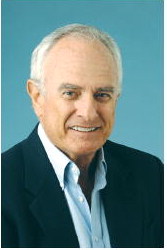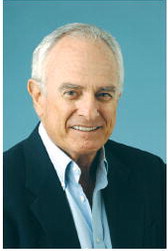Loran - Smith


Loran
The immigration stories of the 19th century are fascinating. People from the old countries of Europe, primarily, came to America, the land of opportunity, with little more than the clothes on their backs. There were a few requirements, mainly that you had to have a connection, a sponsor who could vouch for your honesty and integrity. Not everybody was processed through Ellis Island. Some had to return to their country of origin. It was not a bed of roses when they got here. They worked in coal mines and steel mills, for example. It was exhausting and physically intimidating. Most survived by underscoring family togetherness and the work ethic.
I remember seeing a sign at Ellis Island when it was opened as a museum in 1976 which read: “(In the old country) I heard that the streets of America were paved with gold. When I got here, I discovered that was not true. They were not even paved, and when they were paved, I paved them.” Those early immigrants, however, were free to worship as they pleased. They could run for political office, and they could own property-options which many did not have back from where they departed. The story of Georgia football great, Charley Trippi, is a treatise on the positives of immigration. Trippi’s Sicilian parents settled in Pittston, Pa., where his father became a coal miner, happy to be in the U. S. with a job, earning his daily bread by the sweat of his brow. When his son asked about playing football, his father emphatically said, “No. You’ll get your leg broke, and I will break the other one.” Most everybody knows the rest of the story. Trippi epitomized the American dream. Come here, work your backside off, keep your nose clean and the results should be redeeming. In Trippi’s case, they were dramatic.
His ability to play a game fluently with the best not only brought him success, it brought him headlines and opportunity he could not have imagined when he was growing up. That Trippi was gifted is obvious. He was a natural, and he had exceptional competitive instincts that made him






